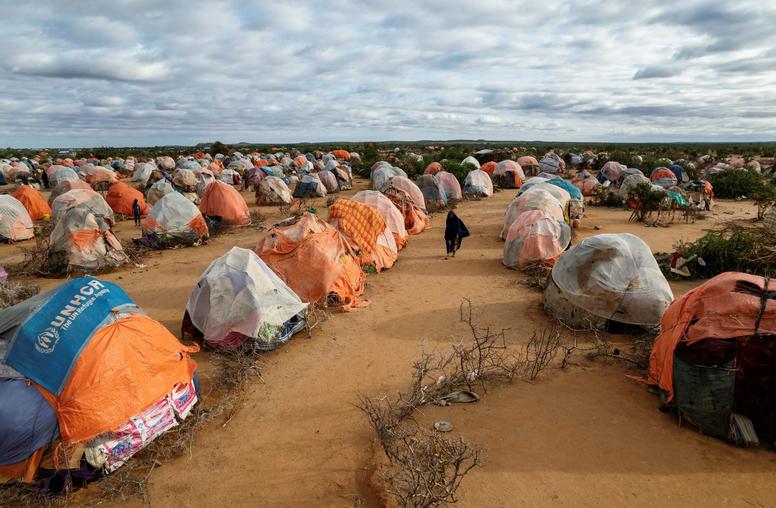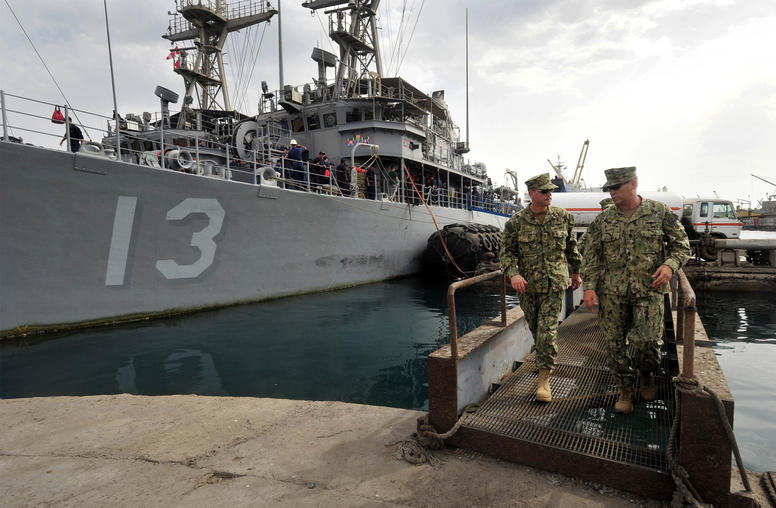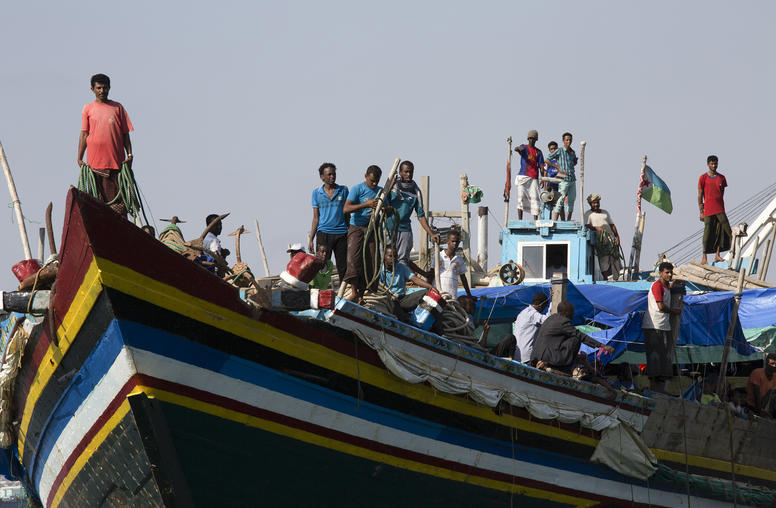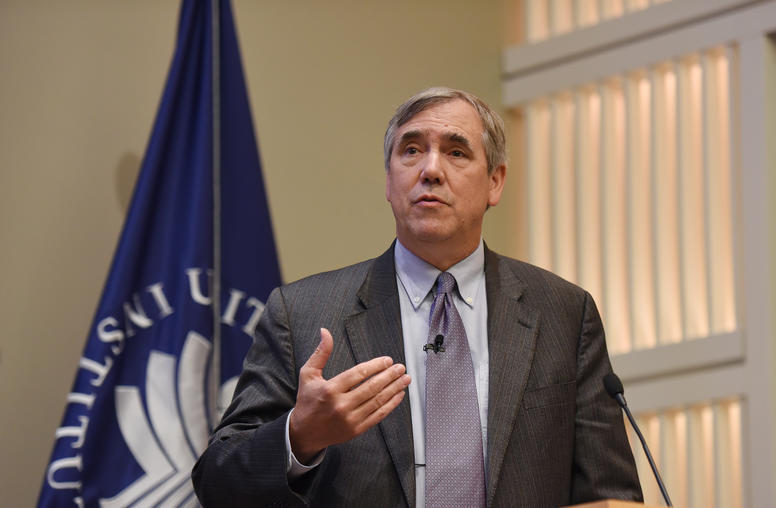International Engagement with Somalia
Serious and contentious questions surround the issue of how the international community should relate to Somalia. Should major support be given to the Transitional Federal Government? Should the African Union peacekeeping force be expanded?
Serious and contentious questions surround the issue of how the international community should relate to Somalia. Should major support be given to the Transitional Federal Government? Should the African Union peacekeeping force be expanded? Should international support be directed to the federal government or should it be redirected to district and regional structures? Or does foreign engagement only involve the international community in a quagmire? Would further international involvement strengthen popular support for the insurgency? Should the international community stand back and let Somalis sort out their own future? How much of a threat would a take-over by the insurgents pose for the international community, as well as for Somalia?
To address these questions the U.S. Institute of Peace sponsored a public workshop on international engagement in Somalia. The event featured the following speakers:
- Abukar Arman
Independent Policy Analyst - Bronwyn E. Bruton
Council on Foreign Relations - David Smock, Moderator
U.S. Institute of Peace



